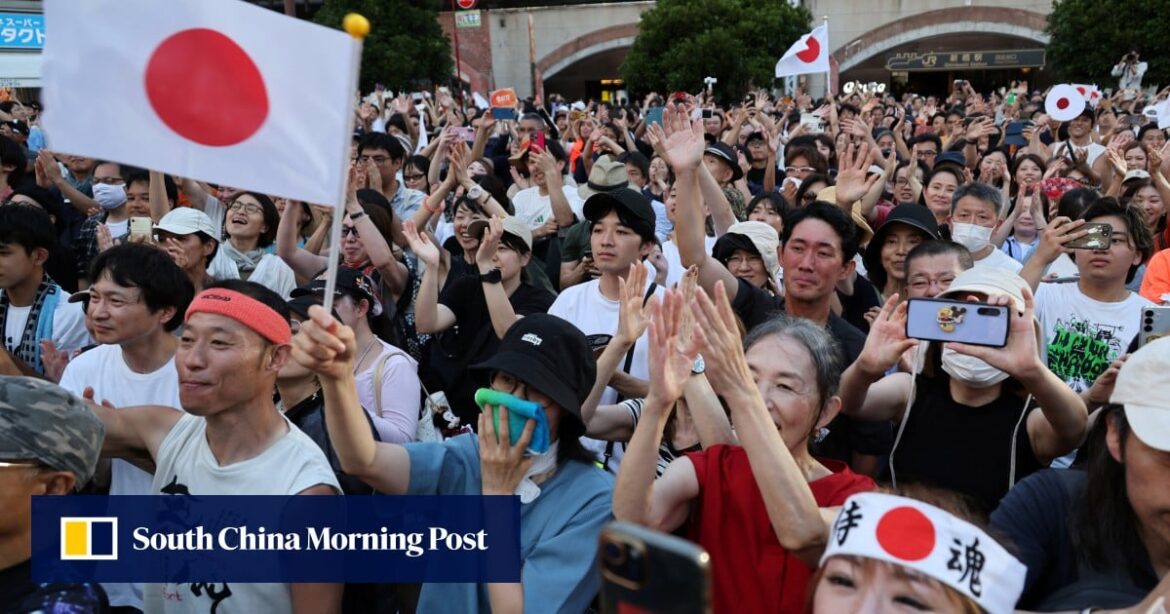The decline of Japan’s traditional media and the insatiable appetite of its people for online content have contributed to lurid headlines about crimes committed by foreigners in other countries, according to academics and journalists.
Unsurprisingly, they add, the sensationalist stories by Japan’s tabloids and right-wing media posted on their websites and social media have coincided with the electorate’s stance on issues shifting to the right and the rising popularity of anti-immigrant parties, such as Sanseito and the Japan Conservative Party.
“It does seem to me that conservative media have been covering these sorts of stories more in the last few years,” said Makoto Watanabe, a professor of communications and media at Hokkaido Bunkyo University in Eniwa, Hokkaido.
“The media landscape has changed dramatically due to the rise of online content and social media, with Japan’s legacy media seeing that shocking stories tend to attract more attention and feeling that they also need to cover these stories,” he told This Week in Asia.
A study released in March by the Koicho Strategy Institute showed that 77.4 per cent of Japanese obtained their news from online sites, 71.5 per cent from television, and just 34.5 per cent from newspapers. A mere 20 per cent of Japanese respondents in their 20s said they got their news from newspapers.
While traditional media outlets faced legal risk if they were to deliberately falsify their coverage to meet demand, a reporter working at a Japanese media outlet pointed out that social media sites and “new media” were subject to far less scrutiny on the veracity of their stories.


AloJapan.com